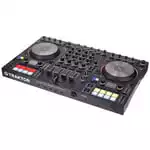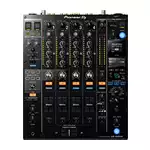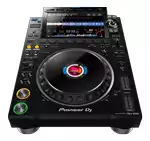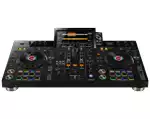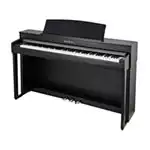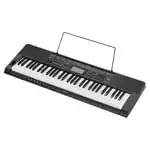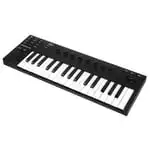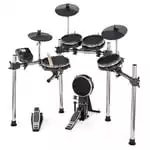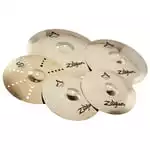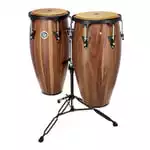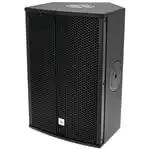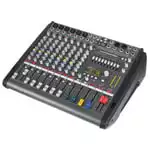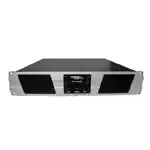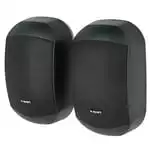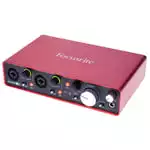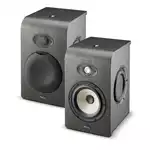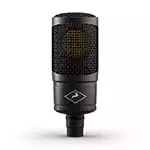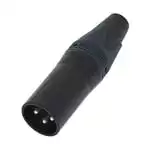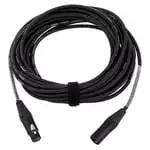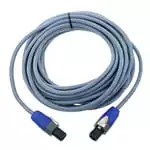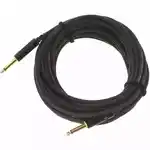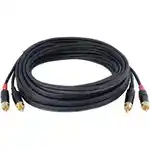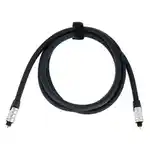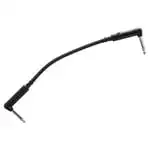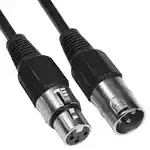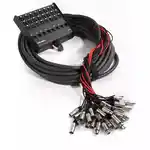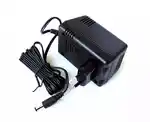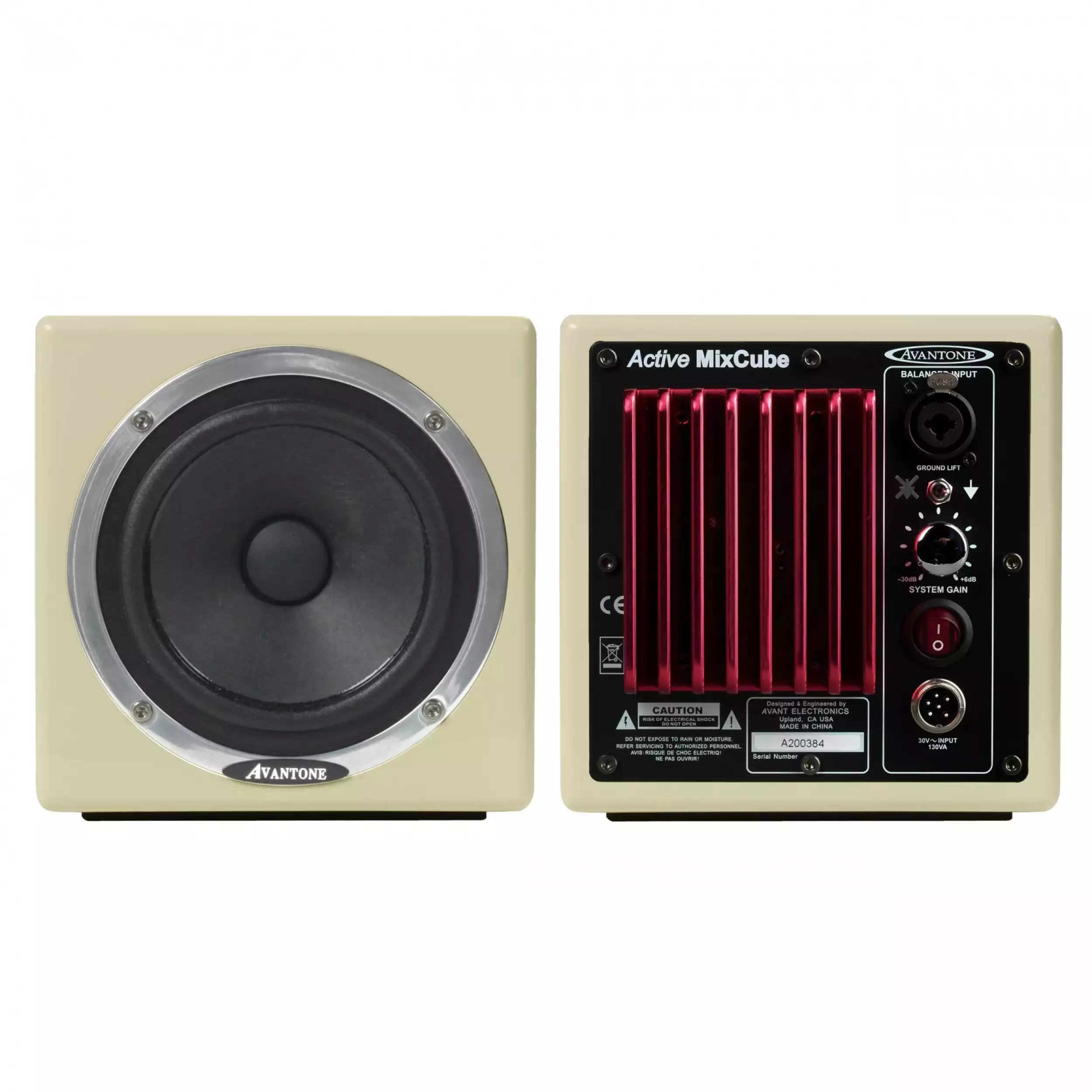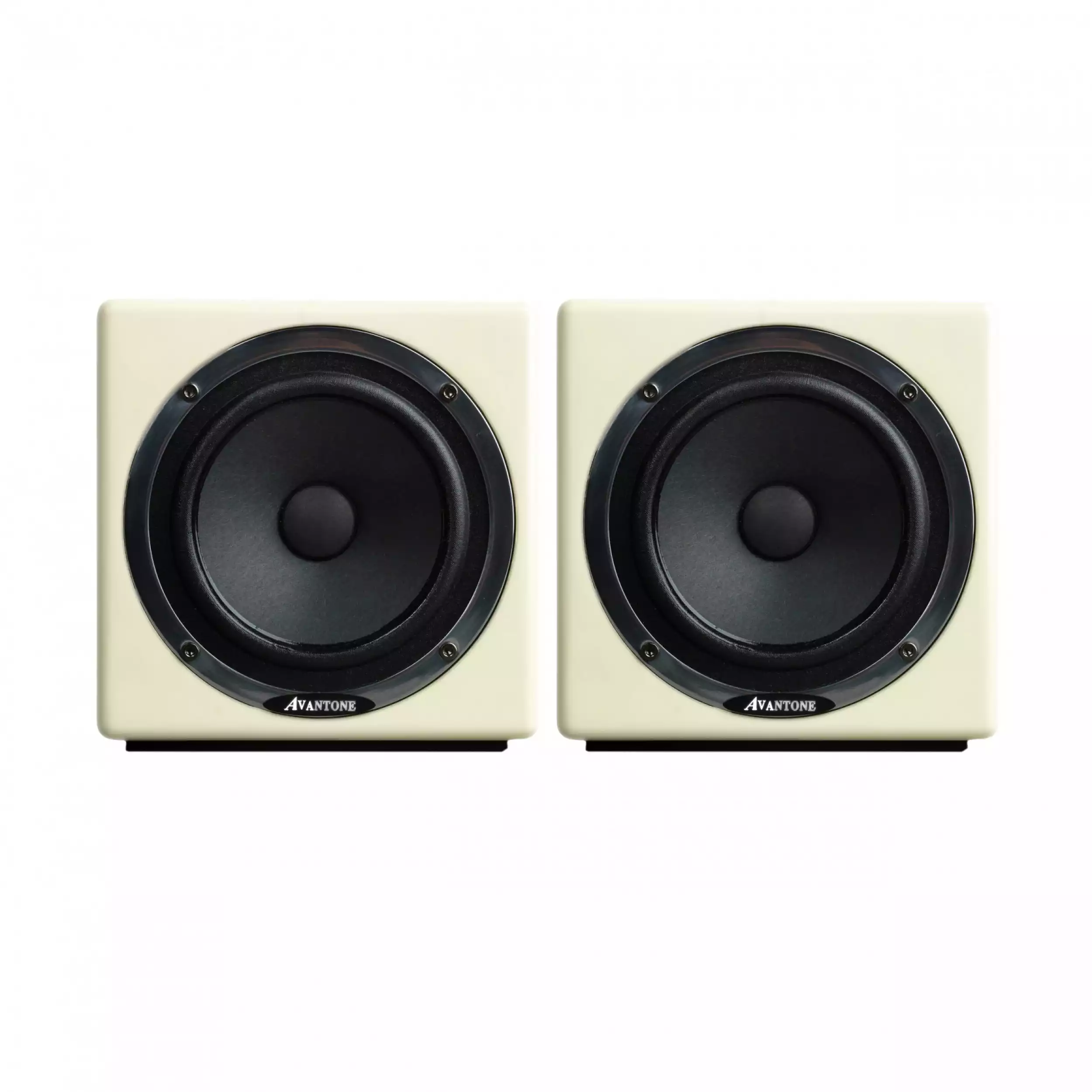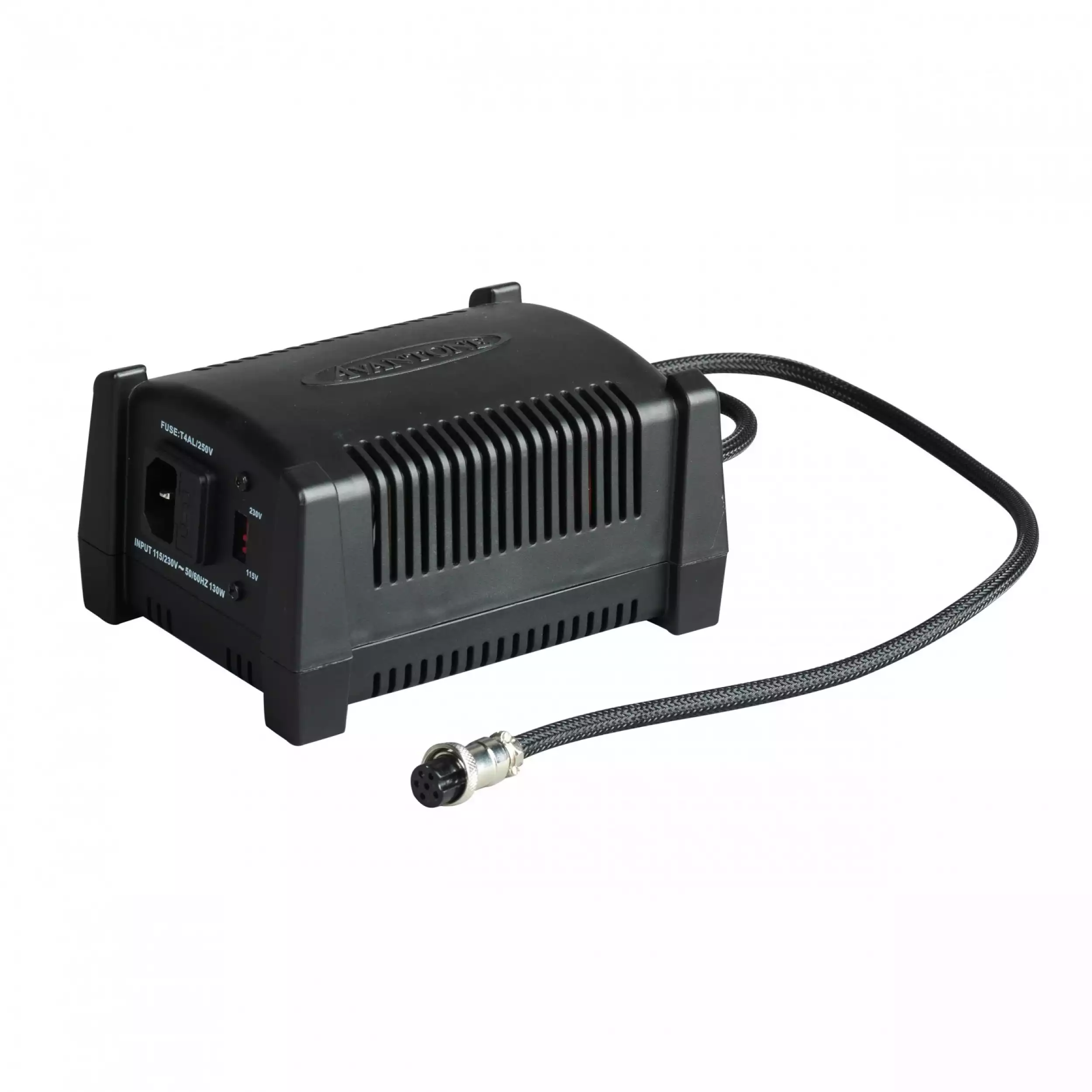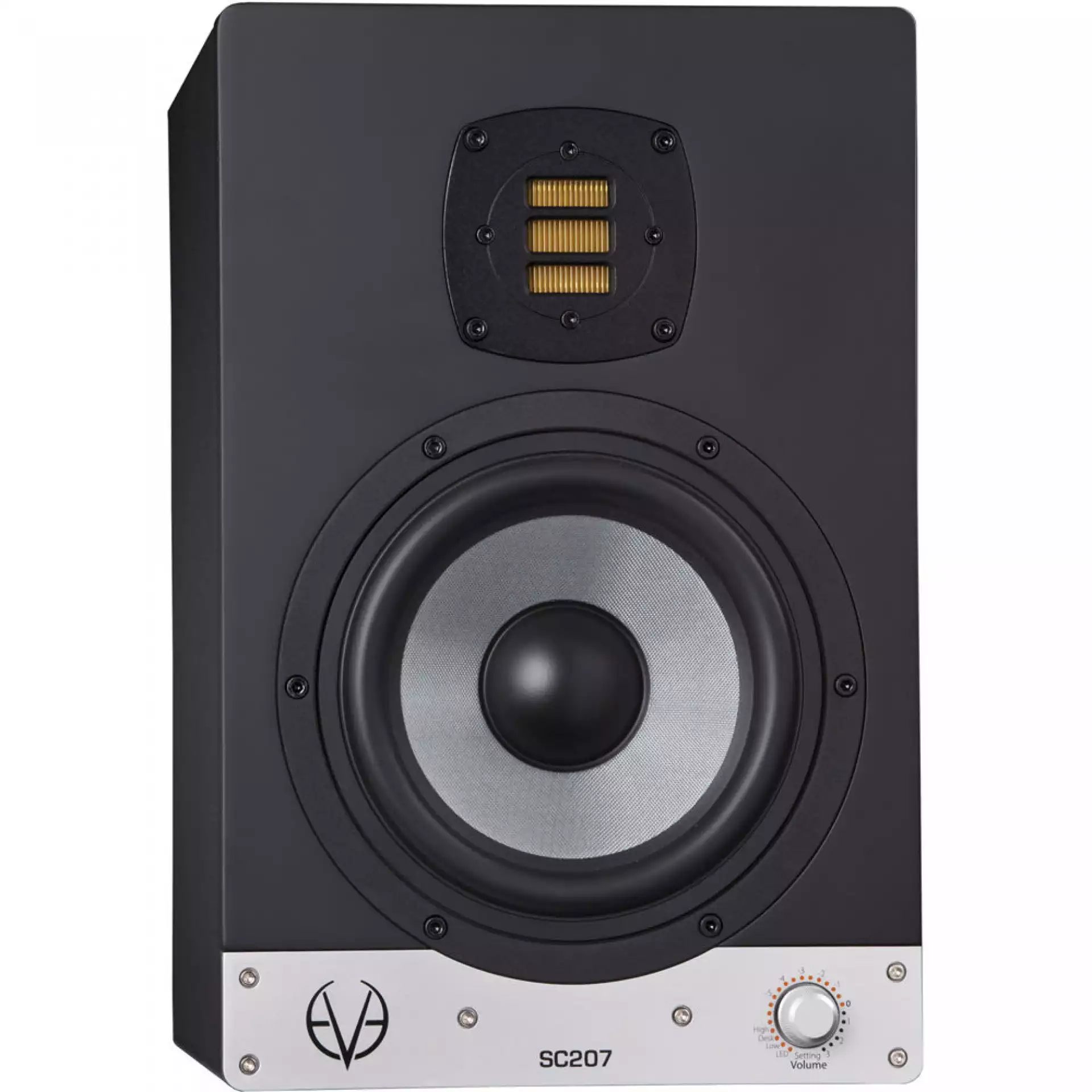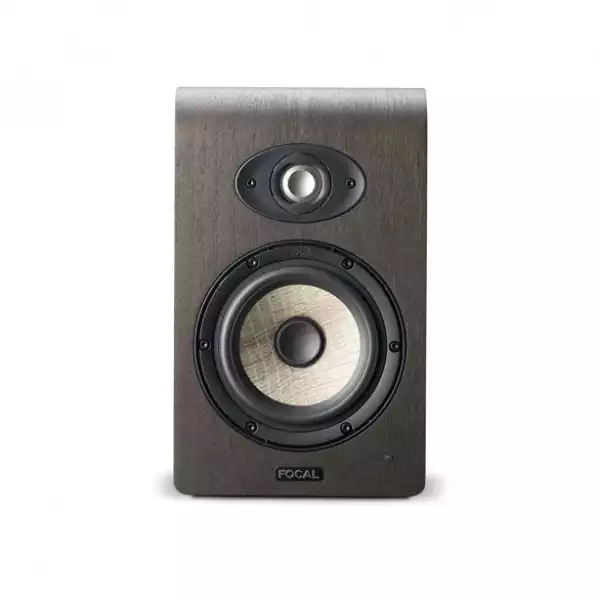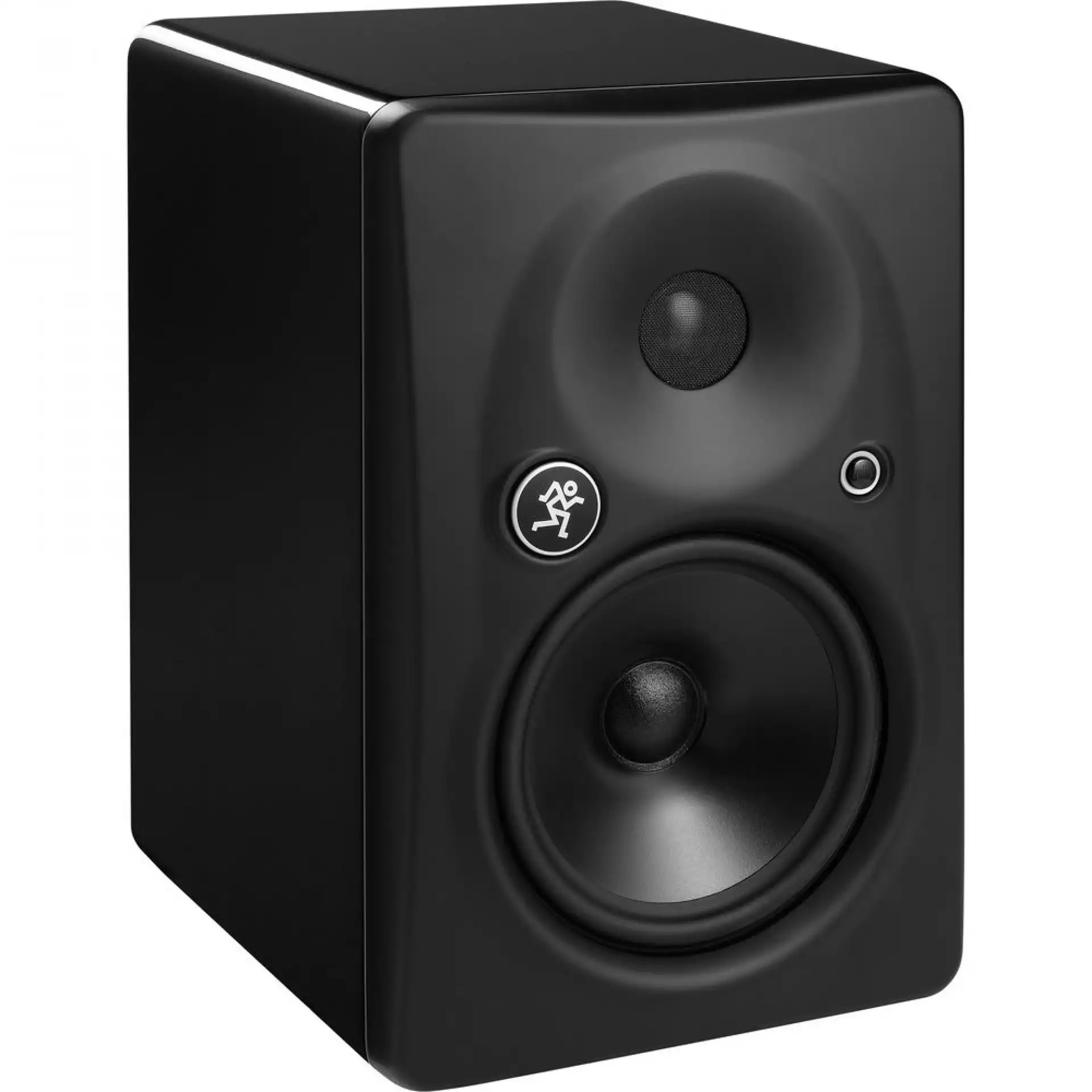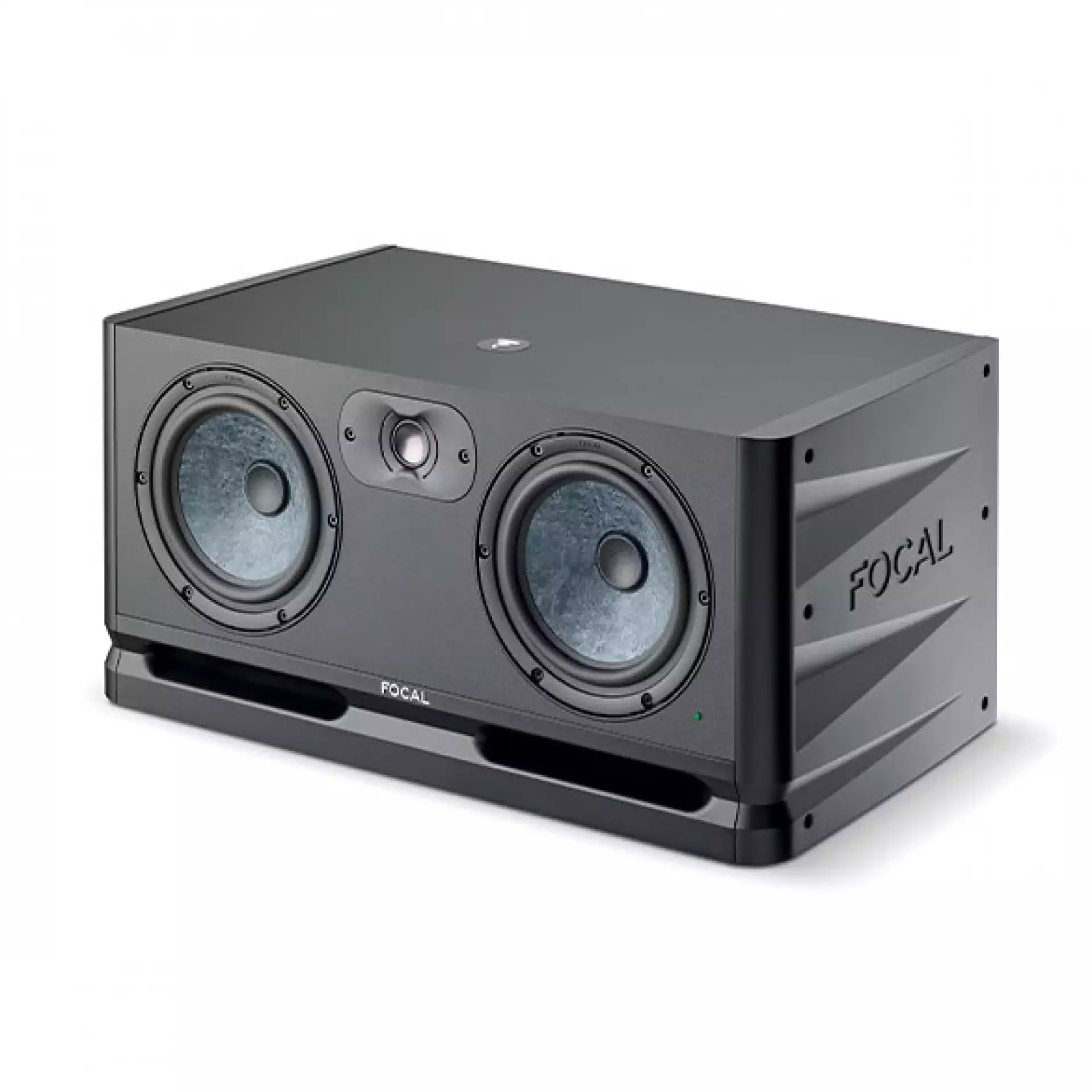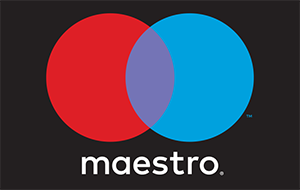Avantone Pro Active MixCubes Creme

*Cena sa popustom može da se ostvari ukoliko se plaća gotovinski, virmanom (preko računa) ili odmah debitnom i kreditnom karticom.
Garantujemo najnižu cenu!
While originally inspired by the 5C sound cubes from decades ago, the Avantone MixCubes have become the industry standard in studios around the world and have become the #1 best selling speaker of its type in history.
Application
Active Recording / Mixdown Monitors
Engineering Objective
The Avantone Active Mixcubes are designed to be high-resolution, full-range powered mini-reference monitors for fixed or remote locations.
The secondary engineering facet was to create a timeless design that compliments a single full-range transducer.
Performance Objective
Studios primarily use 2-way & 3-way larger monitors designed to represent a wide range reference viewpoint at higher listening levels. However, in this newly developing age of High Definition Audio, there is still a need to also hear what your mix will sound like when played back over small “bass-challenged” systems such as televisions, clock radios, computers, car stereos, iPod docking stations, etc. It is important to make mixing judgments based partially on listening to reference monitors that will not impart tonal anomalies caused by crossovers or inferior full range drivers. Particular attention is always paid to the critical mid-range vocal/guitar/keyboard areas. This is where having a full-range monitor without a crossover is truly revealing. Ten months of R&D comparative listening & tweaking went into the voicing of the AVANTONE MixCubes. The result is a very smooth sounding, full range upgrade from the original 5C Sound Cubes. Listening tests reveal that the MixCubes have a smooth, more open, transparent top end response with extended bass while maintaining their basic original character.
Cabinet Design
The original 5C Sound Cubes™ were made of ½” particleboard covered with a glue-on wood grain contact paper. We chose to use thicker, denser MDF board because of its high rigidity and inherent low-resonance characteristics. We started with a 165mm (6 1/2") sealed cube design with radiused edges. We then chose an elegant Polyurethane high gloss “RETRO-CREAM” finish. The originals had either screws or on later models plastic binding posts mounted on a recessed plastic cup. We upgraded to high-end nickel plated, machined solid metal binding posts (Dual banana spacing) mounted on a black anodized ,milled and silk-screened aluminum terminal plate. Next we added a 7mm thick neoprene pad embedded into the base of the cabinet to serve as a skid-resistant acoustic isolator. Additionally, for creative mounting situations, we recessed an industry standard 5/8”-27 mic stand mount into the base.
Driver Design
The originals were a basic 5” stamped frame design. We designed a proprietary 5.25” die cast aluminum frame driver/cone assembly to exceed the performance of the originals. The mounting bezel is then polished for an elegant appearance. The paper cone, chosen for its musical character, is custom designed & crafted using the finest New Zealand pulp with mica fibers added for lighter weight & rigidity. The cloth surround is made in Japan to exacting uniform thickness tolerances. The Top Plate and T-Yoke of driver are made of Sumitomo 1008 low carbon steel enabling the highest modeled flux density in the gap. The magnets are Y- 40 GRADE (MIL-SPEC) yielding a 43oz. High Power-low distortion motor structure.
Amplifier Design
We designed the amp module from the ground up to be a true professional-grade amplifier. It incorporates “overkill” concepts in component selection as well as safety. The result is a “no-compromise” amp with robust headroom characteristics that will rival the performance of much higher priced studio rack mount amps.
Specifications
System Type: Active (Self-powered) shielded full-range stereo pair
Frequency Response: 90Hz - 17,000Hz (useful musical range)
Impendance: Nominal 8 ohms
Max SPL: 104db @ 1 meter = 1%THD (PINK NOISE)
Amplifier Type: Class A/B
Amplifier Power: 60 watts RMS@ .005% THD (1KHz)
Amp Frequency Response: 22Hz-50KHz +0dB/- 3dB (90Hz-50KHz +/-0dB)
Noise: S/N -113 dB
Sensitivity: 0dBu (.775VRMS) input at maximum volume (+6dB) = 104dB SPL
Driver: Proprietary design 5.25" cast aluminum frame / paper cone / shielded
Cabinet: sealed / 18mm MDF / Dacron acoustical stuffing
Inputs: XLR & TRS (COMBO JACK) +4/Balanced and -10 unbalanced
Weight: 7.13lbs (per monitor)
Dimensions: 6.5" x 6.5" x 6.5"
Features
Balanced Input: This “combo XLR” input accepts a BALANCED male XLR plug as well as a 3-conductor BALANCED TRS ¼” or a 2 conductor UNBALANCED TS ¼” male plug. For unbalanced operation with a TS connector the minus signal is automatically grounded.
System Gain: This variable control adjusts the sensitivity of the signal that appears at the input. Rotating the control clockwise increases the sensitivity while a counter-clockwise rotation decreases sensitivity. The adjustable gain range is from -30 to +6 dB. A setting of +6 allows a full, unimpeded signal to be sent to the amplifier. The detented gain positions allow for repeatable settings between speakers for proper matching. Please Note… when the signal appearing at the input is too hot, the amplifier can overload causing distortion and possible damage to the speaker. If overload occurs, attenuate (decrease) the input level by turning the knob counter-clockwise a few clicks.
On/Off Switch: This illuminated switch turns the amplifier section on and off. The unit is still receiving power from the transformer however.
AC Input: This input is only to be use with the proprietary AVANTONE Power Supply. Tighten the cable/connector securely for reliable operation. Note: There is a switch on the power supply for selecting the proper AC/MAINS operating voltage for your location.
Ground Lift Switch: By engaging this switch the pin 1 shield is lifted at the input jack. This can be used to aid in ground loop control of the incoming analog line signal.
Placement: When positioning the Avantone Active MixCubes on stands or console bridges it is best to keep them at ear level and slightly angled in towards the engineer. Since they are shielded it is ok to place them near a CRT video monitor or TV without causing any problems. The bottom mic stand mounts will also allow you creative positioning options in unusual studio playback situations.

